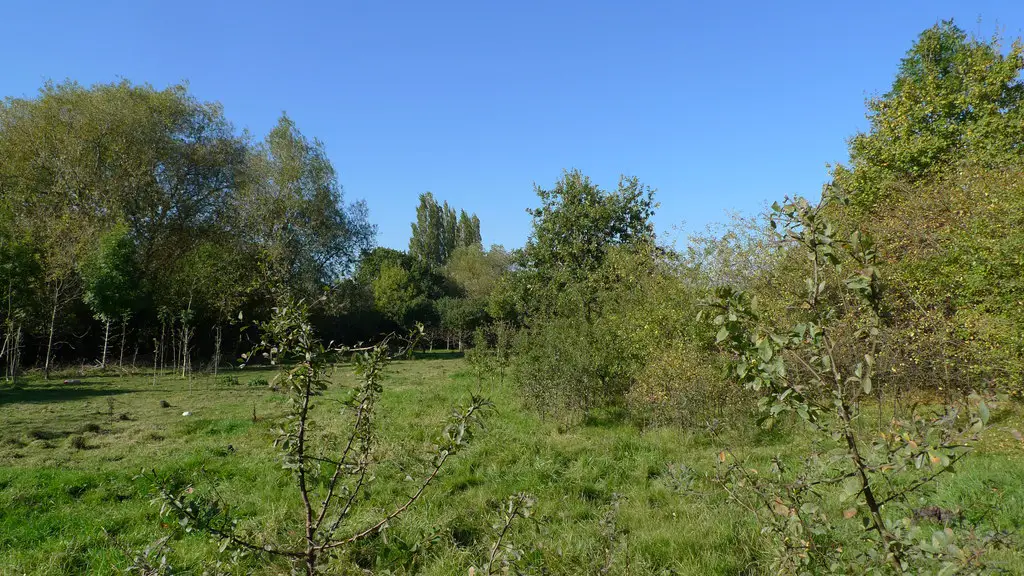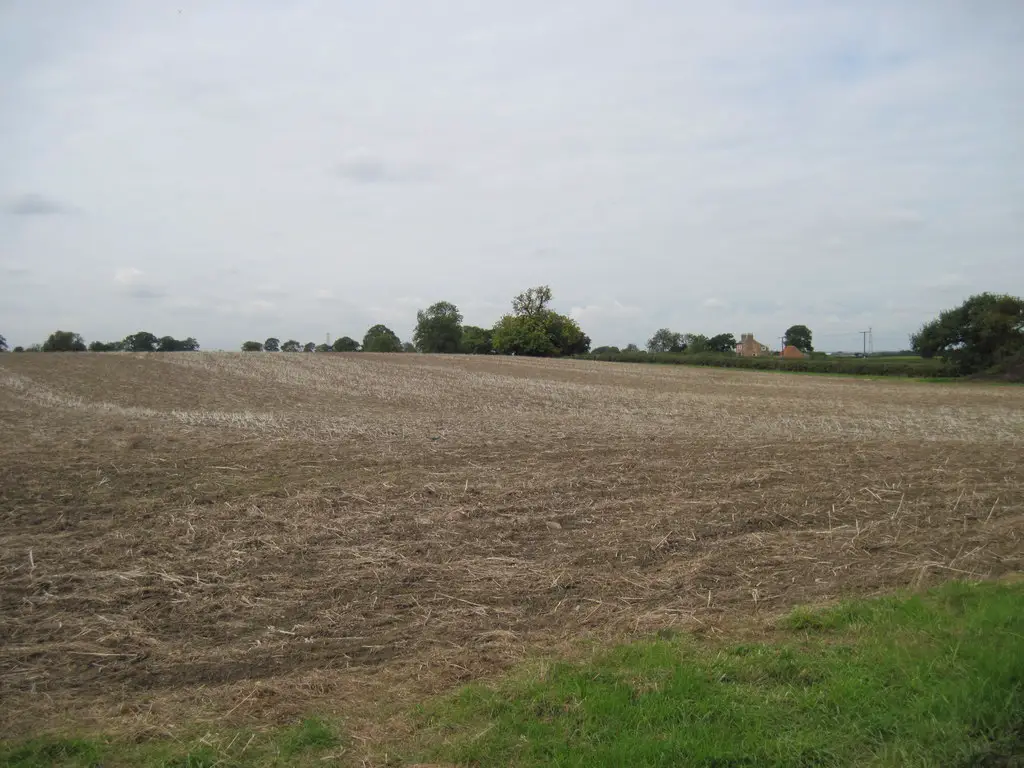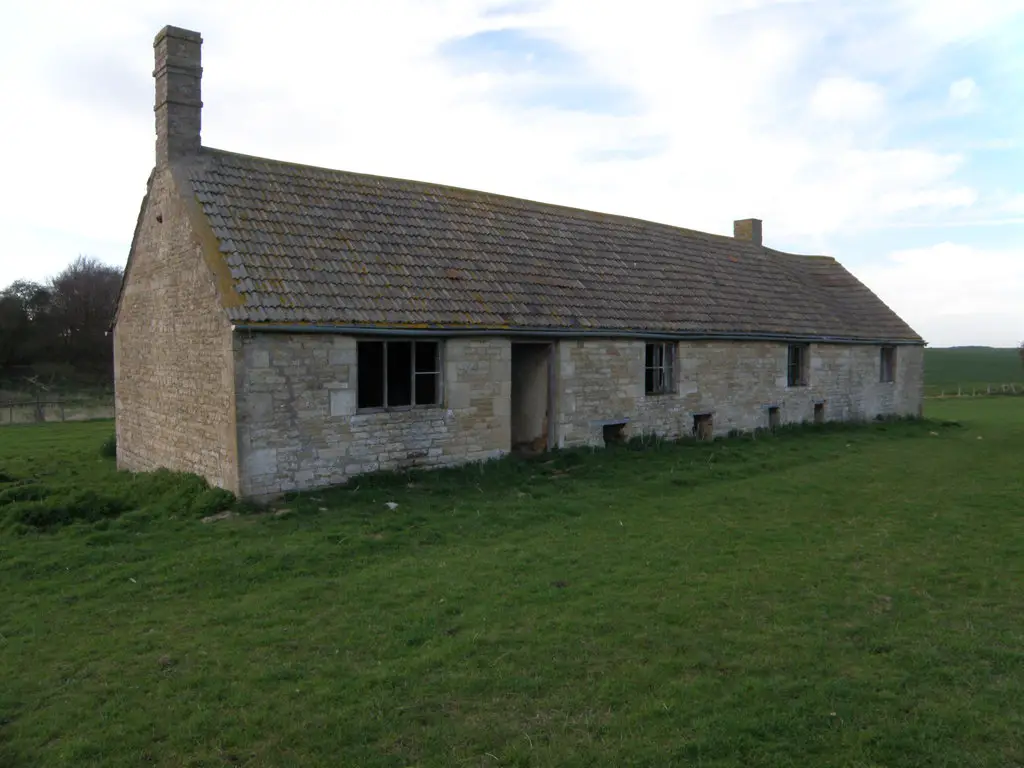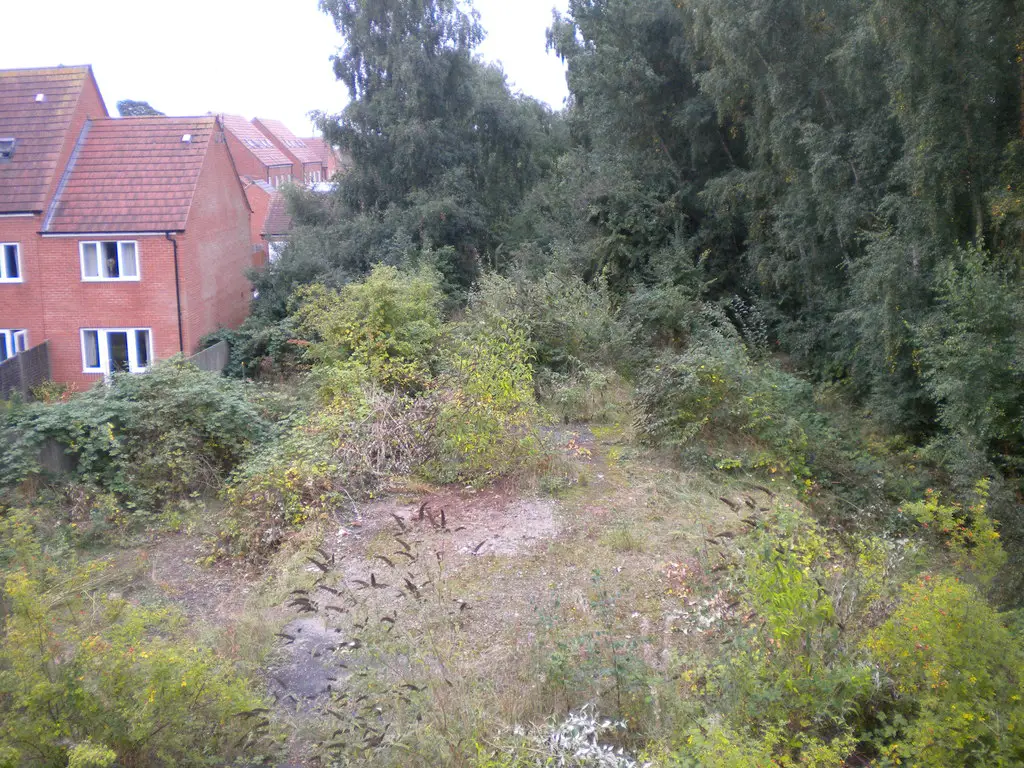
Buying land without planning permission
There may be a number of perfectly valid reasons for buying land without planning permission, but depending on your motives there are also a number of property traps you can fall into, some of which have severe consequences.
In this article we shall discuss the benefits and drawbacks of buying land without planning consent, how land like this can be utilised and the different types of land which may fall into this category. We shall also find out about what happens when you build on land without planning permission and key factors you should look out for when buying land for sale in the UK.
Land without planning consent
This is a very broad term and there are many different types of land around the UK which could fall into this classification. Generally speaking, land without planning permission is any piece of land where no outline planning or building plans have been approved. Common examples of land without planning consent can include:
- Woodland or partially wooded land
- Agricultural land
- Brownfield or greenfield sites
- Protected land
- Unregistered land

Should I buy land without planning permission?
If you intend to build a house you should not buy land without planning permission until you have clarified the situation as far as consent goes. Do not purchase land without finding out about planning consent as you may find yourself stuck with land which you cannot build on with a very low resale value.
Conversely, if your intention is not to build but to use the land for some other purpose, the situation is different. For example, if you are buying a hobby farm such as a smallholding in Wales or purchasing some woodland for sale in the UK, planning permission should not generally be a concern.
Never buy land without planning permission based on the assumption building consent will be granted. What may seem like cheap land can easily turn into a burden.
Many people view buying land without any building permission as a way of acquiring cheap land for sale, but it may be cheap for a very good reason. In addition there has recently been an upward trend of individuals seeking unregistered property such as derelict land in the UK. Remember, if the land is not registered, it will not have any kind of building permits or permission.
If you want to build but the land has no current planning permission, talk to your local planning authority and your local council before purchasing the land.
| UK Planning Permission Resources |
|---|
| Planning permission in England and Wales |
| Planning permission in Scotland |
| Planning in Northern Ireland |

Buying a derelict property with land
A productive strategy which many of our readers have followed is to purchase a derelict property with land for sale. This can often work well, as when a building already exists on the land, especially in rural areas, it is more likely permission may be given for renovating the property.
Care should be taken when buying a derelict property for sale of this nature, as many older buildings such as empty church buildings and even abandoned properties are listed and that can present it’s own set of problems.
Planning Permission FAQ
Should I buy land without planning permission?
You should never buy land without planning permission if you intend to build. Never assume that planning permission will be granted and before you purchase any land you should discuss your plans with your local authority. They may be able to advise you if planning consent will be considered or whether it will be rules out due to other circumstances.
What can I build on my land without planning consent?
You can normally build a shed, small storage building or similar on your land without planning, to a maximum size of 4 metres. This criteria does vary, so even if you believe planning consent is not required for your structure, you should still check with your local planning authority.
What happens if I build without planning permission?
Building without planning permission where planning consent is required can result in severe and expensive consequences. In the best case scenario you may be required to apply for retrospective planning permission and pay the associated fees. In more severe cases you may be required to make drastic alterations to the building in order to get permission or even completely remove the structure within a set deadline. If you believe planning permission may be required, speak to your local authority before commencing any building work.
What happens if I build without planning permission?
If you build a house or permanent building without planning consent you may be required to apply for retrospective consent, be subjected to large fines and in some cases be made to make major alterations or even take the structure down. You should never build without planning consent if you believe such consent is required.
In certain circumstances you may not need planning permission to build on your land. For example, if you own a smallholding or arable field and you wish to erect a shed, small storage building or a caravan for temporary use, planning consent may not be required. However, as rules for this type of consent vary around the country and for different land types, you should always check with your local authority first.
Should I buy a building plot without permission?
Many pieces of land which are sold as building plots without planning permission are not building plots at all. This is especially true for land located in the country or rural areas. Simply ask yourself this: If you were selling a building plot and it was worth 10 times more with outline planning consent, would you sell the land without planning permission?
Buying derelict land in a city is slightly different. For example, may building plots are sold in London without any planning, this is a good way of saving money as permission is likely if the derelict plot is located on a street or surrounded by existing houses. Again, to be on the safe side always talk to the local planning authority before making any purchase as they may be able to give you an indication whether planning will be considered or not.

How long does planning permission last?
Planning permission generally lasts for a period of three years, but different stipulations may be given depending on the building, the local circumstances and the part of the country. We have a dedicated article explaining how long planning permission lasts.
